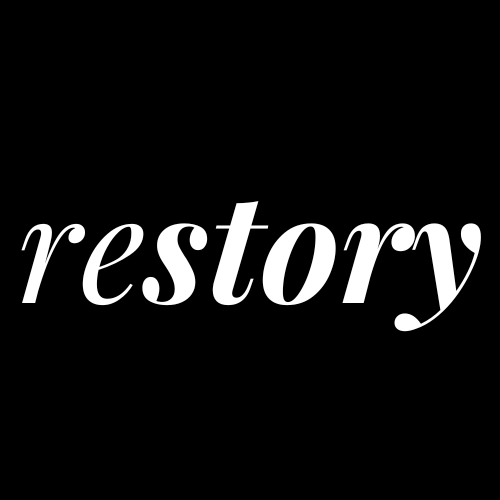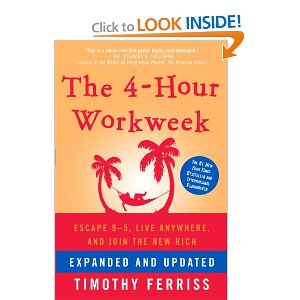Last weekend, I read The Four Hour Work Week by Timothy Ferriss. I spent Monday, Tuesday and now today sifting through it, as this helps me process what I’ve read.
Today I want to talk about some of the issues I had with the book. I still recommend this book because Ferriss’ ideas push you to think differently about time and your energy, but there are a 6 things I struggled with.
- Ferriss encourages lying. In order to convince your boss that you can be productive when you’re off site, he says it’s okay to call in sick for two days and then be incredibly productive to prove you get a lot done from home. I can’t abide by this. I can’t imagine an employer would relish his employees randomly calling in sick (when they’re not sick) to prove productivity. An employer would better appreciate honesty. And what does lying say about your character and ethics if you have to lie to prove your point?
- Jesus and His directives toward community trump dissing people. Ferriss ignores a lot of email and he is okay with disappointing people. While I have a long way to go to learn how to selectively ignore emails that really don’t need my attention, there are times when God has clearly tells me to interact with someone who might be perceived as a time stealer. Jesus trumps my productivity in these moments. People are more important than doing stuff.
- Similarly, the end goal of working efficiently is not personal enrichment, though that can be a part. As a Christian, we must have the kingdom of God in mind. Our free time becomes a platform to serve Jesus wherever He may send/direct us. I don’t think Ferriss would argue with me on this point, it’s just that he has different goals for his four hour workweek. His vacations tend toward self fulfillment and self enrichment.
- If we always evaluate everything in terms of how it benefits us, we’ll run the risk of narcissism. This world is not about me, nor is it about my efficiency. It’s more than that. And, thankfully, the older I get, the more I see how empty narcissism (existing only for yourself and your needs/goals) is. Jesus says that if we wish to save (manage) our lives, we will lose them, but if we offer them up to Him in service and humility, we will find them. Narcissism is the opposite of servanthood and discipleship.
- We must remember the poor, and not exploit them for our gain. Ferriss hires virtual assistants from countries outside the US where the poverty quotient is much higher. His bargain rate at $10 an hour, while it may be good to the person he’s employing, feels demeaning to me. How is this different than colonialism? How is it not exploitive?
- What about the core value of industriousness? Ferriss outsources a lot (most) of his work, which feels detached to me. We, as image bearers of God, must work and be productive. We must find satisfaction in doing the little things, paying our dues. In this way I think about my garden. I have so much joy watching my garden grow when I sweat in it. But if I had a gardener, I would enjoy the yard, but wouldn’t have the same amount of satisfaction enjoying it. Plus Jesus seems to value that which is DONE in secret. There is value in doing a great job when no one is looking. But if we’re looking to hand off our responsibilities to other people so we can get rich, how is this honoring to God?
So those are my reservations. I’ve learned a lot from the book, particularly about strategically thinking about my time and how I allow information to flow into my life. But in that, I still have to look myself in the mirror at the end of the day and strive to hear “Well done, good and faithful servant.” If that means living a selfless life over a productive one, then so be it.
Q4u:
What about you? Have you read the book? What are your reservations about it? What did you like? If you read the past three days of reviews, what ideas interested you? What turned you away?


0 Comments